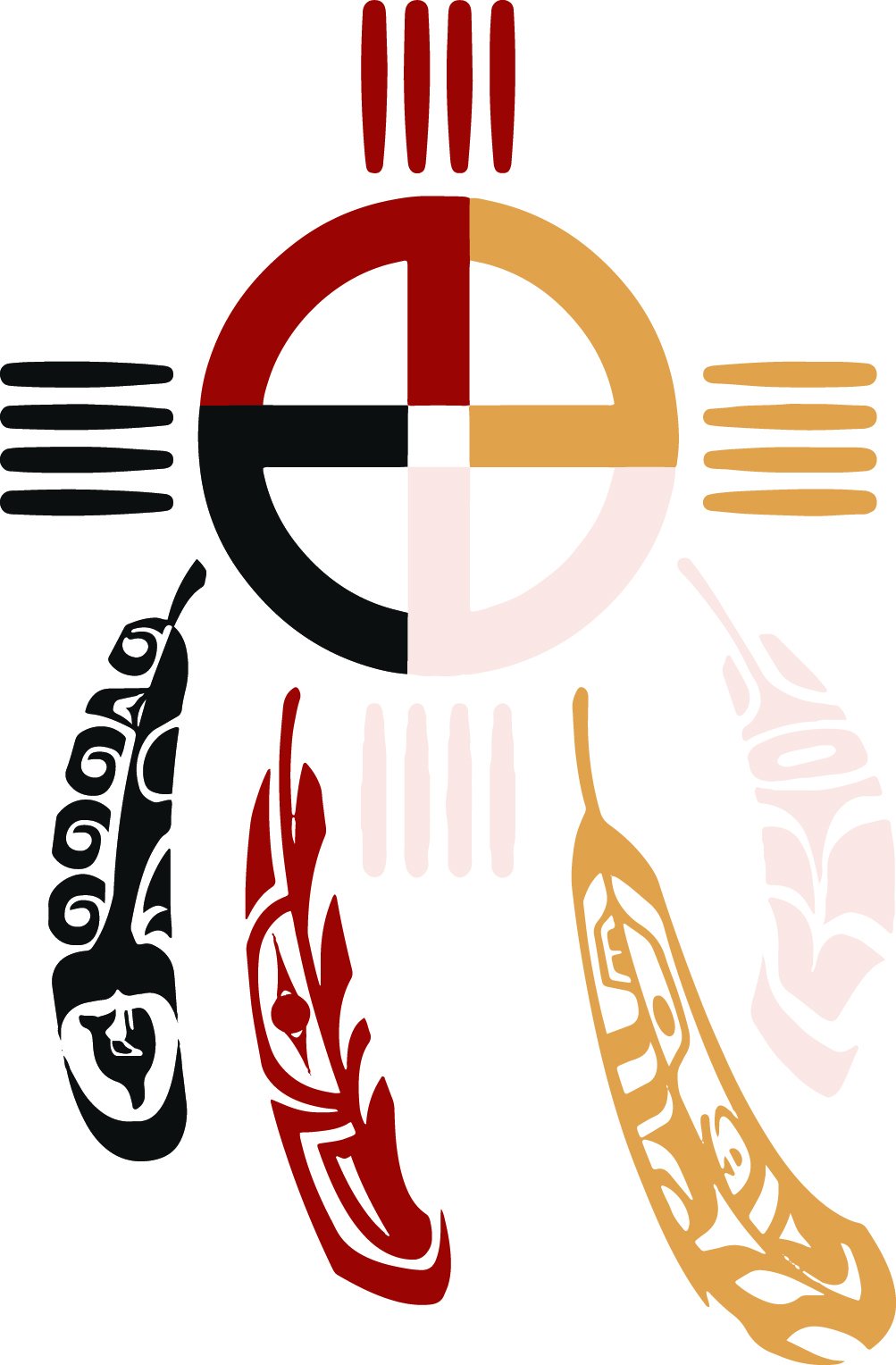
Four Directions Presenters
Presenters
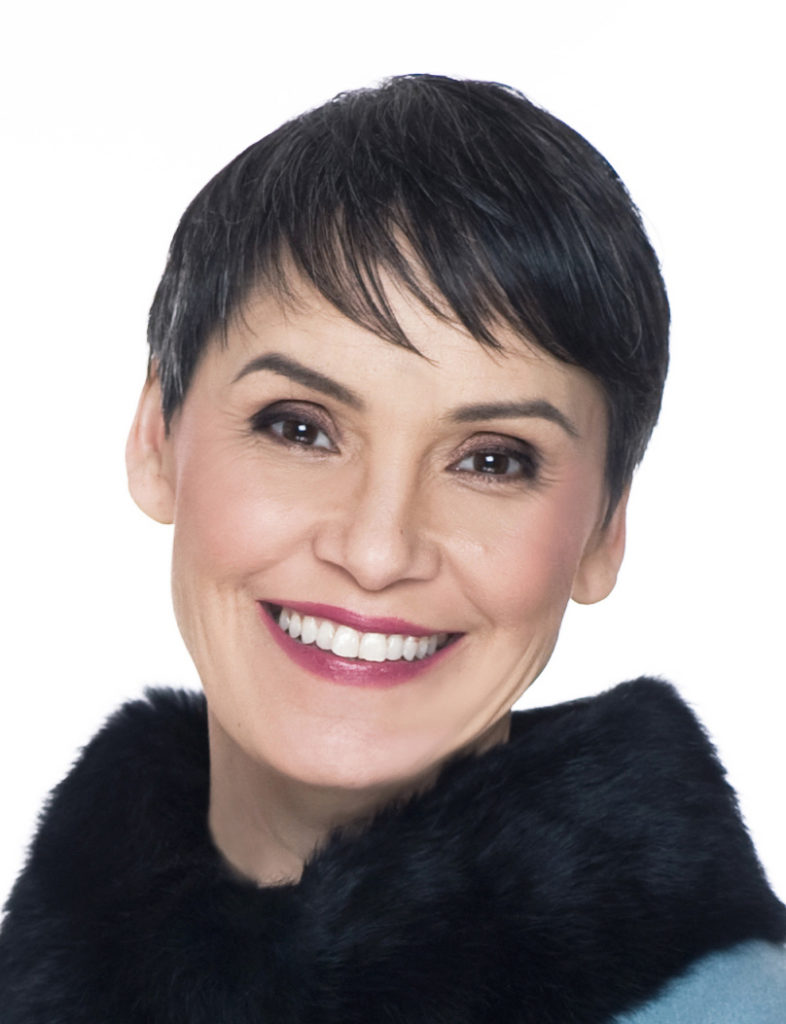
Susan Aglukark, OC Nunavut’s first ever Juno Award winning Inuk singer/songwriter, Susan Aglukark calls herself the accidental artist. Susan grew up in Arviat, Nunavut and with “no musical orthodoxy” to draw from, Susan’s early years were spent learning as she was headlining. Susan’s early writing (The Arctic Rose-1992) was a series of songs drawn from the thing she had left, a life of uncertainty. The past 25 years and the following 7 albums has seen Susan set on a path of personal discoveries, cultural reconnections and personal healing, a very different path than the one she imagined when she left her home. In her singing/songwriting career, Susan is most proud about reaching a place in her life where she knows she is right where she belongs, singing/songwriting and falling in love with creating. Susan has garnered 3 Juno awards, received The Order of Canada in 2005 and most recently was awarded the Governor Generals Lifetime Artistic Achievement Award (June-2016). Susan has performed for HRH Queen Elizabeth, Jean Chrétien, Brian Mulroney, Nelson Mandela, Billy Graham and The Countess of Wessex.
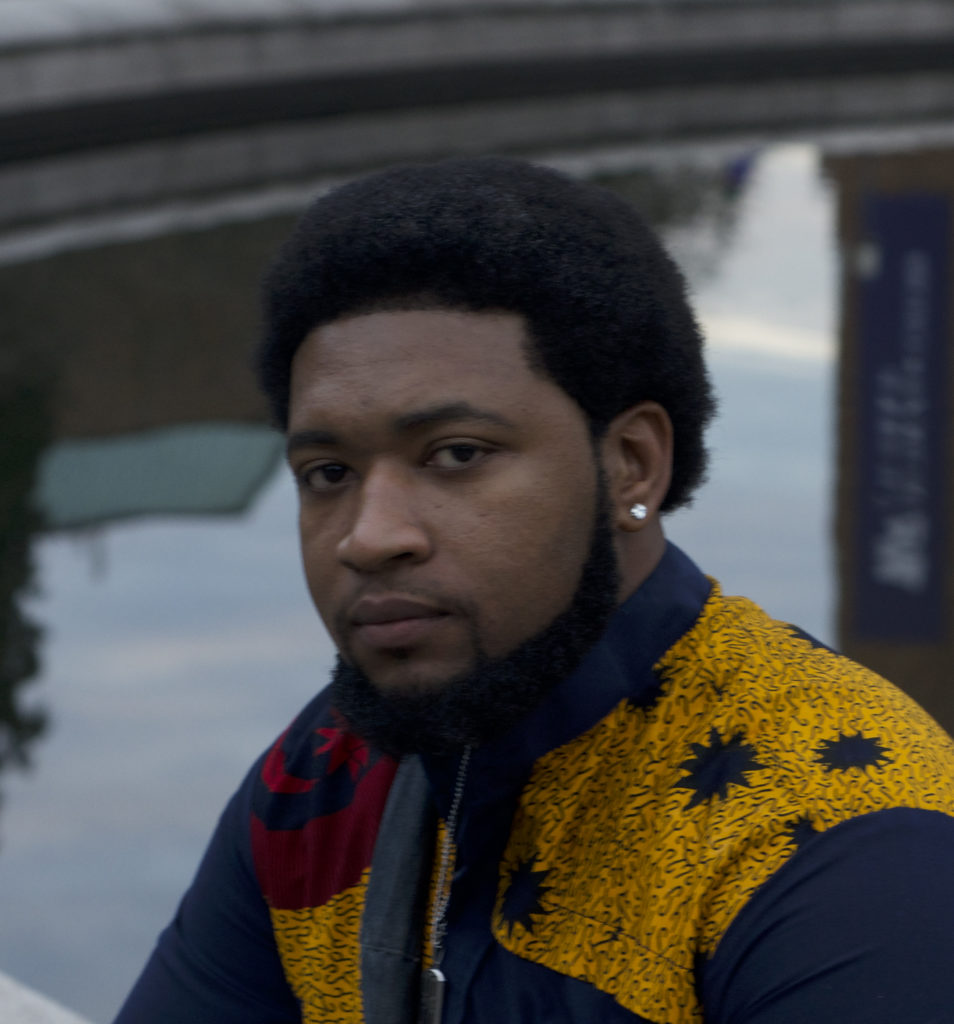
Javoen Byrd, MA is an Olympia-based Ethnomusicologist. He received his BA at The Evergreen State College and his Masters at the University of Washington. He is dedicated to providing multicultural education and healing through drum facilitation across the Pacific Northwest and beyond. He is a serial entrepreneur who created the nonprofit “The Hawk Foundation for Research and Education in African/African American Culture”, and is also owner of Awodi Drumming LLC, which has won a state contract through the Department of Children and Family Services to provide African music education for incarcerated youth.
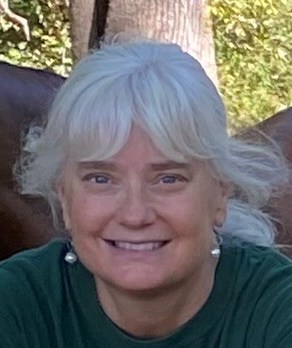
Nancy Davies, LSWAIC is certified in Natural Lifemanship, a trauma informed equine-assisted therapeutic modality that supports clients in building attuned, connected relationships with self, horses, and others. Nancy provides individual counseling to clients, often intersecting Internal Family Systems, Mindfulness, and Somatic Experiencing into her approach. Nancy experienced the benefits of sharing space with horses at a young age. Nancy does this work, “To be a witness to the felt sense of connection that people experience with horses and how that contributes to healing.”
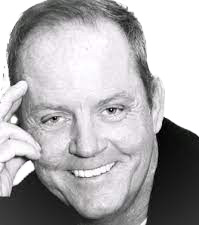
John Dennem, MA, CADC-II, LPCC is a retired submariner. He is a Co-principal Investigator on the California Reducing Disparities Project grant. He also consults on the Culture is Prevention Project within the Native American Health Center – Oakland. He is currently a 4th year PhD student at Claremont Graduate University. He attained both his Bachelor’s degree (Summa Cum Laude, 2012) and Master’s degree (2014) (Cum Laude, 2014) from California State University Los Angeles. He is a CADC-II and LPCC who has more than15 years of clinical and research experience. He served as one of the Substance Abuse Counselors on “Project 50” in Downtown Los Angeles. With providing direct services for a decade to downtown homeless population. He researched, developed and presented the culturally sensitive Needs Assessment for the Downtown LA homeless population. He oversaw the implementation of the Transitional Age Youth Program in Inglewood California for Didi Hirsch Service Center. He serves as Adjunct Faculty at CSU San Bernardino. He served as Project Director and grant manager on SAMHSA CABI grants. He is part of the team that, along with the San Francisco Bay Area Native community, published three articles on Native American Culture as a social determinate of health and a need for a paradigm shift to indigenizing research and clinical practices.
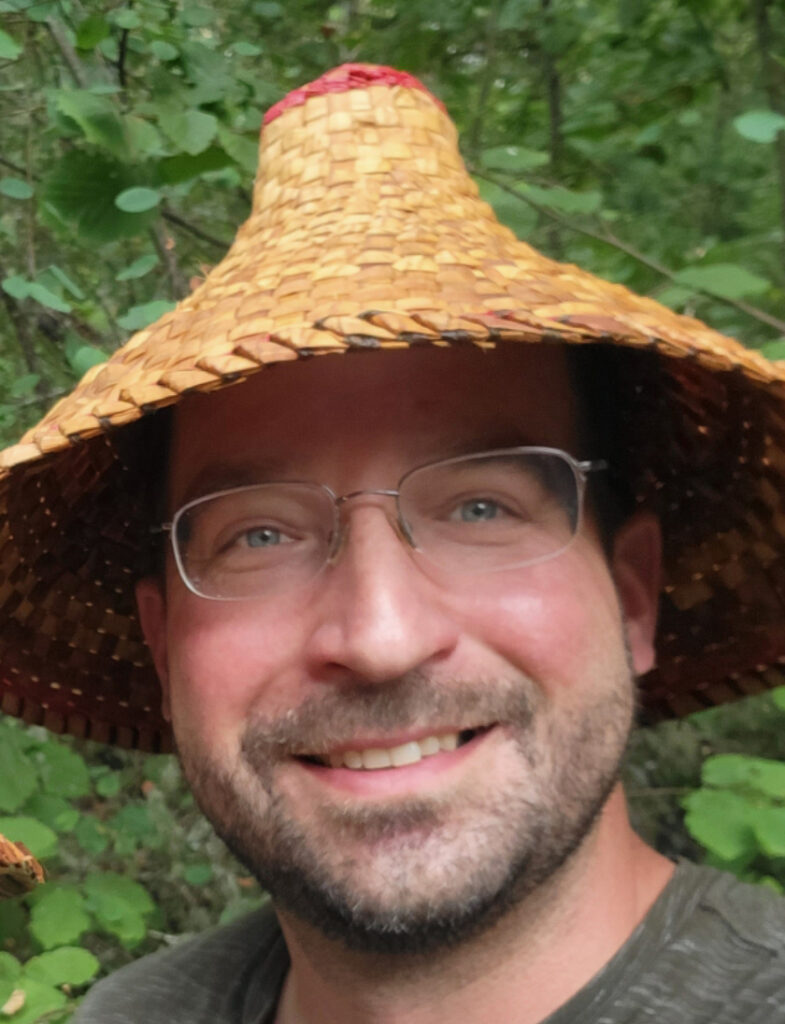
Kyle Folden is an enrolled member of the Cowlitz Indian Tribe. He has taken a number of weaving classes with the Chehalis Tribe over the last couple of years. He recently wove a 52” x 32” cedar ceremonial mat for a fellow tribal member’s wedding, and four Coast Salish-style hats. He will also be teaching a processing bark class to fellow Tribal members in September. He is very thankful for his teachings and looks forward to passing them on to others.
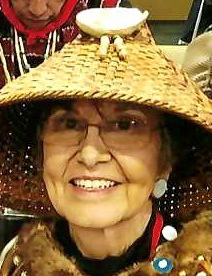
Tanna Engdahl is an Elder and Spiritual Leader in the Cowlitz Indian Tribe. At the beginning of her career, Tanna competed for a special scholarship to Columbia University and was hired by KIRO-TV as the first major-market American Indian TV news reporter in the U.S. At the same time, she served as the Tribe’s Vice-President. She left the newsroom to engage in a thirty-year career in public land agencies: Bureau of Indian Affairs, Bureau of Land Management and the National Park Service. During that time, she was selected to a Federal Leadership Academy and spent many years in management positions. In this role, she encouraged Federal sensitivity to tribal sacred sites and was in the forefront of a movement to establish Indian cultural committees within Government. Upon retirement, she has been actively presenting Cowlitz history to schools, colleges, community organizations, Federal and State agencies and other public venues. She teaches a more formal Cowlitz history class at Clark College in the Continuing Education Division. Tanna also champions conservation projects as well as health and substance abuse programs for which the Cowlitz Tribe is known. As a volunteer, Tanna serves on the Ridgefield National Wildlife Refuge Board and Washington State University’s Native American Board. She was also a Community Representative in developing the current Strategic Plan for Clark College. Tanna’s spiritual work is dedicated to Tribal activities and events. She also officiates at weddings, funerals and other lifeway celebrations.
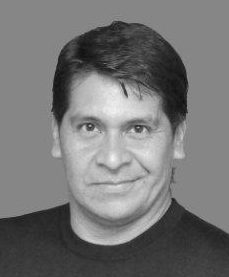
Mitch Factor has been a lead teacher in Tribal Head Start for more than 30 years. Mitch now presents to Tribal employees across the United States, Alaska, and Canada. Mitch specializes in wellness, parent and family involvement, male involvement, and staff working as a collective unit to benefit the child and family. Mitch presents at conferences and Tribal events. Mitch Factor is also a humorist and enjoys laughing and having fun while presenting.
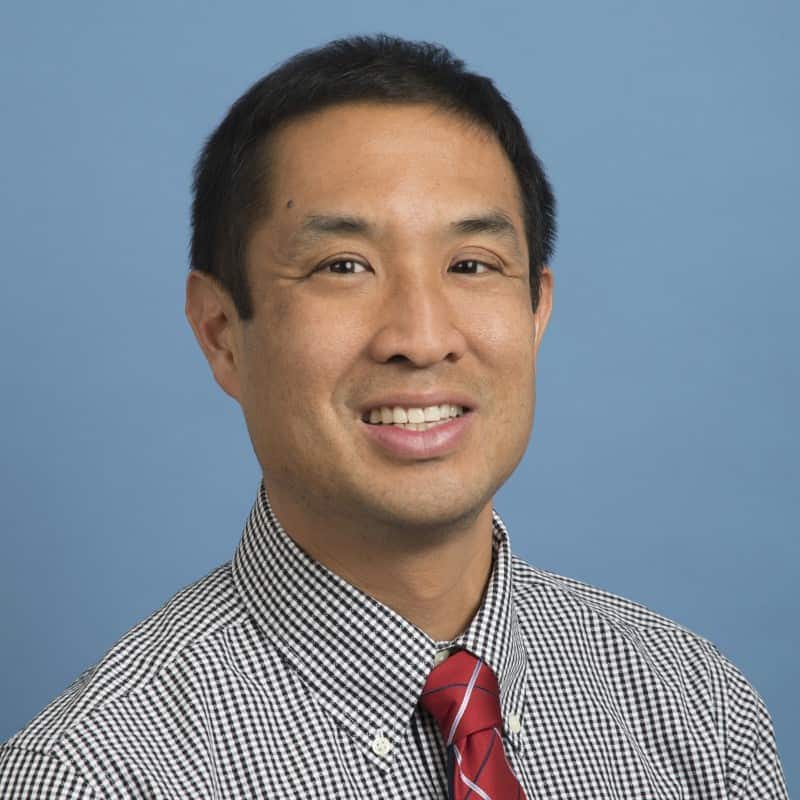
Tim Fong, MD is a Professor of Psychiatry at the Semel Institute for Neuroscience and Human Behavior at UCLA. He is the Director of the UCLA Addiction Psychiatry Fellowship, a one-year program that provides clinical training in the management of addictive disorders. Dr. Fong is also the co-director of the UCLA Gambling Studies Program; the purpose of the program is to examine the underlying causes and clinical characteristics of gambling disorder to develop effective, evidence-based treatment strategies. Dr. Fong is the Director of the Steering Committee to the UCLA Cannabis Research Initiative, a multi-disciplinary effort to examine the impact of cannabis on body, mind, and brain.
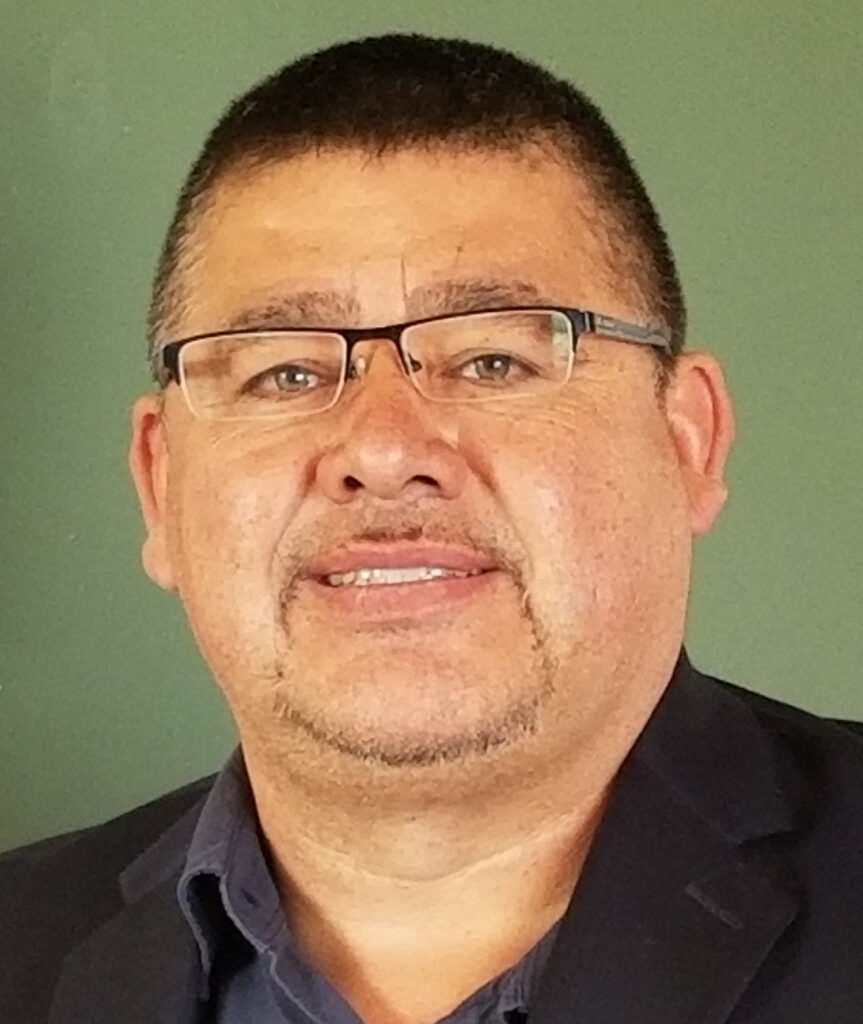
Jose Garcia, CADC-II, CGAC-I, has been the Director of New Horizon Programs since 2008 and has been in the field of addictions for more than 24 years. He currently serves on the MHACBO Board of Directors as Secretary. At City Hall, he chairs the Hispanic Advisory Committee, working with local and state representatives. Jose has been a member of the Multicultural Advisory Committee on Problem Gambling at Oregon Health Authority for more than 11 years.
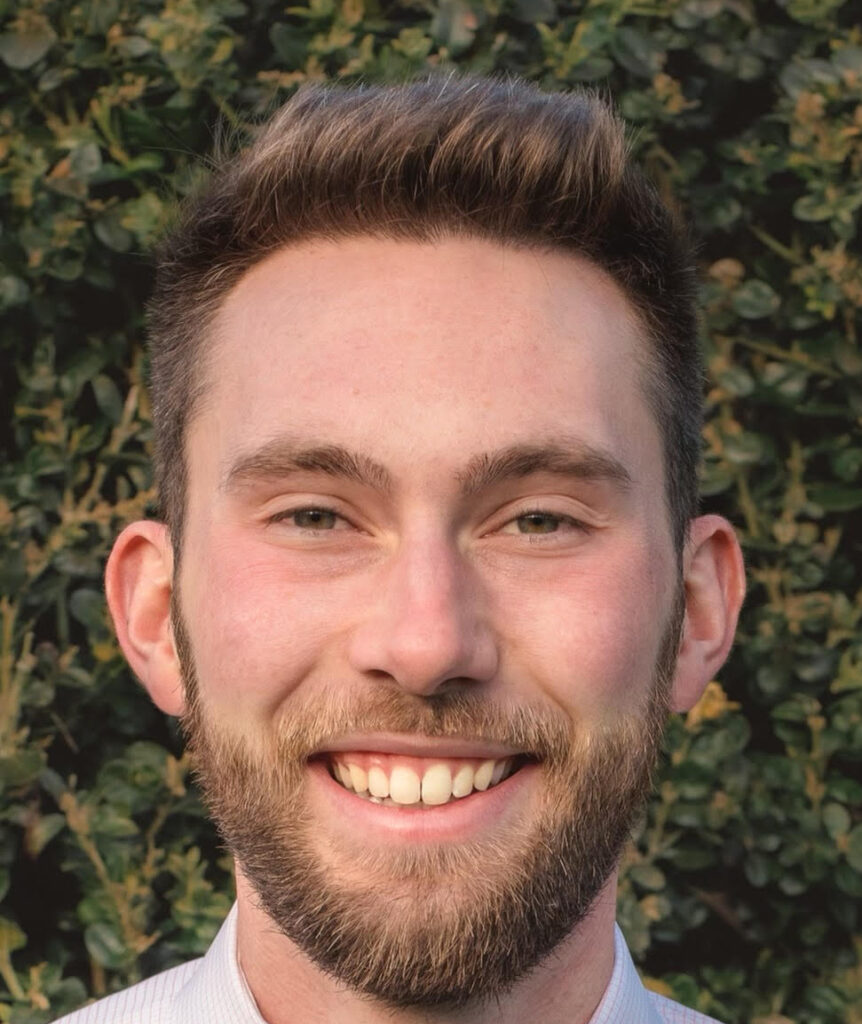
Joshua Germain, MA, LMHC has become recognized for his work with adolescents and young adults who struggle with internet and technology addiction. After graduating with a Master of Arts degree in Marriage, Couple, and Family Counseling from George Fox University, Josh became one of the primary therapists at the nation’s first and foremost internet and technology addiction treatment program, reSTART Life. In March of this year, Josh opened his own private practice where he has been able to find effective ways of treating internet and technology addiction within the context of outpatient care. Josh received the Al Stiefel award for excellence, and taught multiple graduate-level counseling theory courses as an adjunct professor at George Fox University.
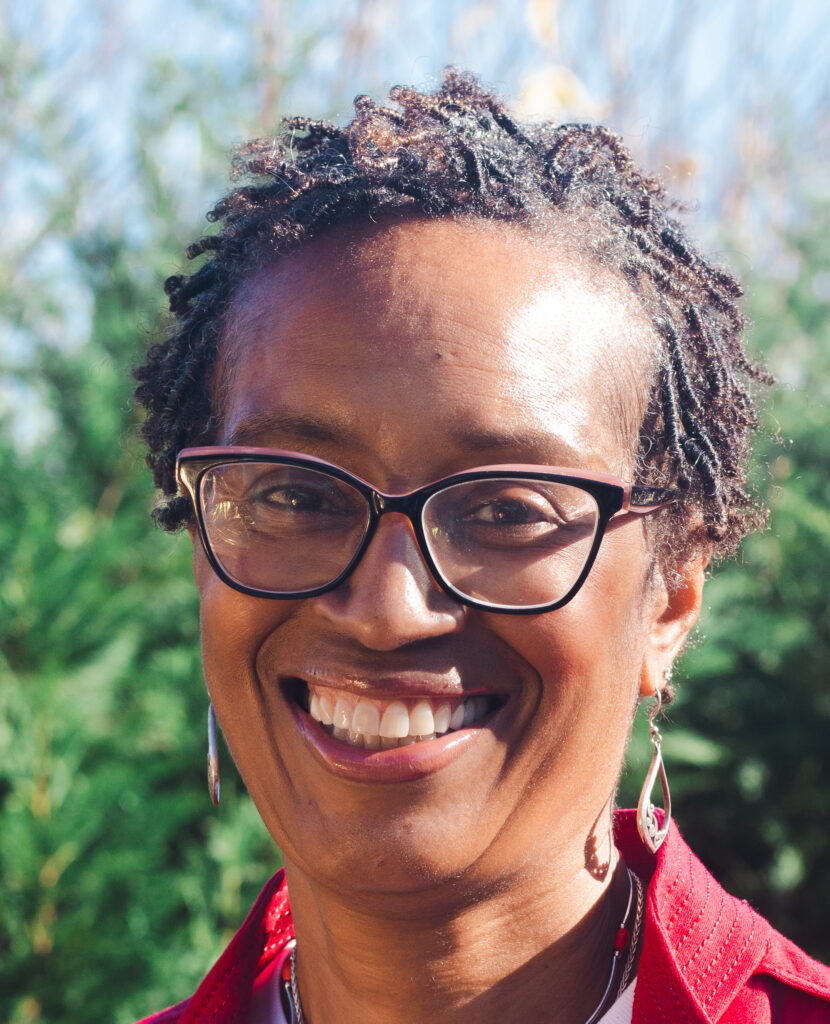
Deborah Haskins, PhD, LCPC, ACS, MAC, ICGC-II, CCGSO, BACC, CGT is a retired Counselor Educator (25 years). She is President Emeritus (Dec, 2022) of the Maryland Council on Problem Gambling and is a recognized leader for more than 20 years in disordered gambling. Dr. Haskins has trained mental health professionals in the U.S and abroad to understand disordered gambling and provide culturally relevant services. Her expertise and publications include gambling disorders, cultural competency, and social justice attuned mental/wellness. She assists practitioners and faint and spiritual communities with incorporating “mental health delivery beyond traditional formats.“ Her current efforts include equipping faith/spiritual communities to support disordered gambling and homicidal loss/trauma advocacy and trainings, teachings diversity in psychology at Johns Hopkins University, working on a book project on culture and disordered gambling treatment, prevention, and community wellness, and “taking time to smell the flowers.”
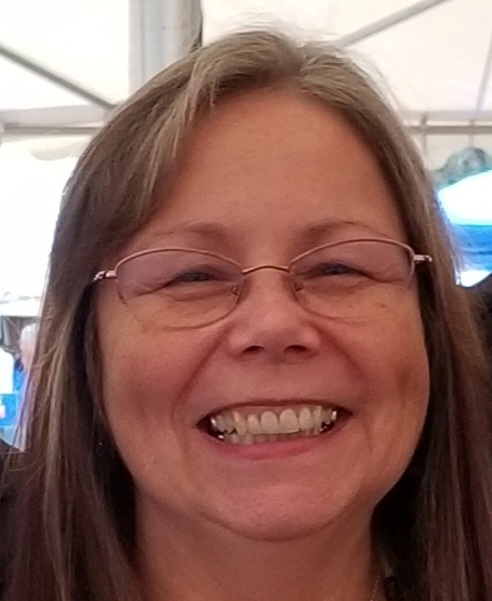
Christine Hawkins has worked for the Washington Attorney’s General Office since 2004 and is currently a supervising paralegal. For her, it is an honor to serve the citizens of Washington state in this way. As an enrolled member of the Cowlitz Indian Tribe, she has been weaving for more than 10 years. Part of the teaching for cedar weaving was to start in the woods at the tree to give thanks and prayers to the tree for the gifts it gives to the people. She enjoys cedar and pine needs weaving along with many other native arts such as beading and making ribbon skirts. She has the pleasure of teaching arts for the last 4 years and is also a silversmith and enjoys making beautiful jewelry.

Megan Ingersoll began her horse journey in 2015 where she began volunteering with abused and neglected horses. After her own experience of going through a horse therapy program, she realized how transformative horse therapy is. She volunteered with the Windhaven Therapy program for 3 years, supporting veterans with PTSD. She has been working as an Equine Specialist for Lifeline Connections for their Recovery with Horses group, Mindfulness with the Herd, and the Windhaven Veterans Program. Megan does this work “because the incredible thing about working with horses in therapy is that the horses always show us the internal landscape.”
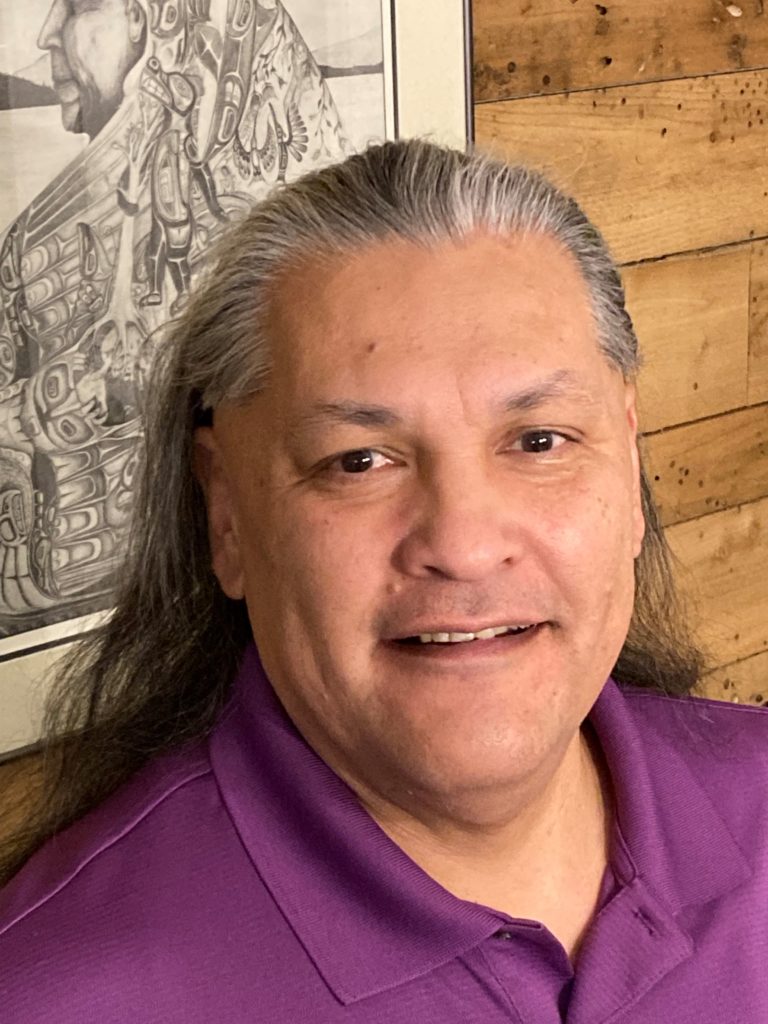
Gordan James has spent more than 30 years working in Government-to-Government relationships in direct positions, administrative roles, and in elected capacity, having served on the governing body of the Skokomish Tribe – including eight years as Chairman of the Skokomish Tribal Council. On behalf of the Washington State Governor’s Office of Indian Affairs, he co-deigned the Government-to-Government Training currently provided for various state agency administrators and staff. Since 200, he has provided such training to over 20,000 individuals representing city, county, state, and federal agencies: public school districts: colleges and universities; NGO’s various commercial entities; and others.
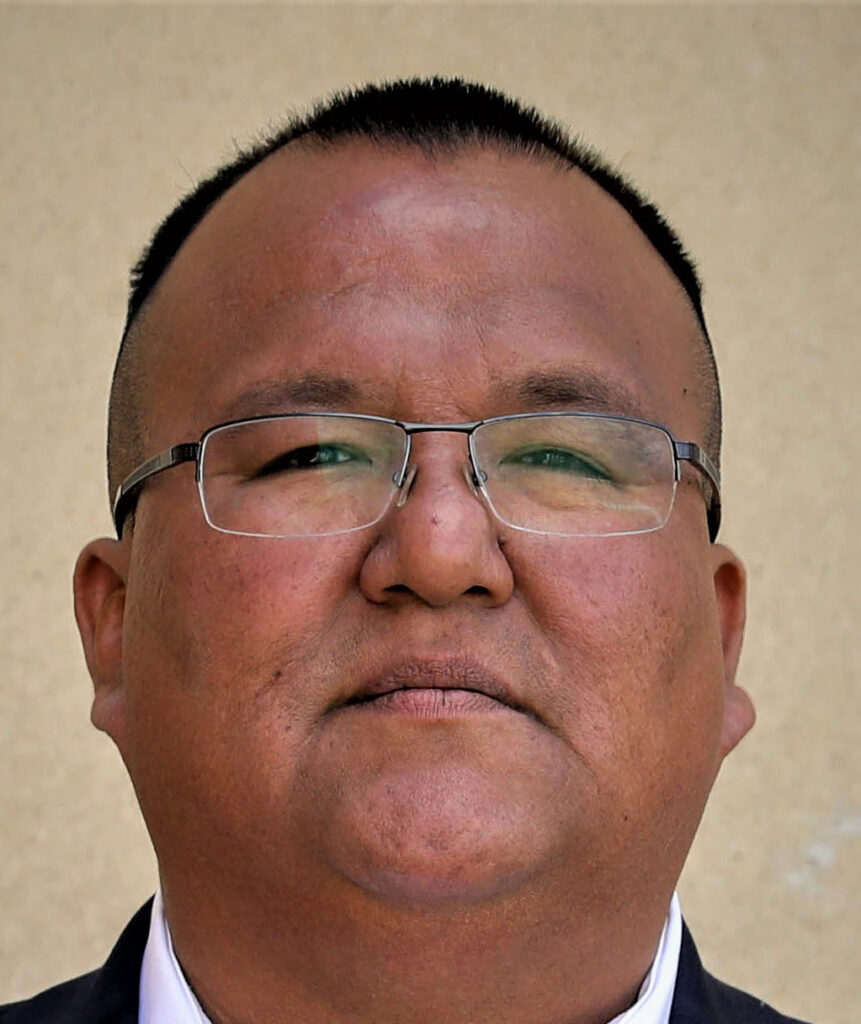
Leon Leader Charge, MA is an enrolled member of the Rosebud Sioux Tribe and a part of the Oglala Sioux Tribe. Leon holds a Bachelor of Science in Addiction Counseling and Prevention from the University of South Dakota, with an emphasis in Treatment and Prevention Continuum, and a Master of Arts in Interdisciplinary Studies with an emphasis in Educational Administration & Leadership, and Addiction Counseling and Prevention from the University of South Dakota Graduate School. Currently Leon works as a Tribal Technical Assistance Coordinator for the SAMHSA Tribal Training and Technical Assistance Center (TTAC), and provides culturally appropriate prevention for tribal communities on a national level. Leon served as the Chairman of the Board for the Rosebud Scholarship Fund, was a member of the South Dakota Urban Indian Health Board of Directors, and the South Dakota State University President Wokini Advisory Council.

Tae Son Lee, MBA, SUDP, WSCGC-II became the first Korean speaking Chemical Dependency Professional in Washington State in May 2000. Since then, he has been providing culturally relevant SUD treatment for Korean and Vietnamese communities. In 2003, he founded Asian Counseling Treatment Services (ACTS) and extended their services into outpatient treatment for gambling disorder. ACTS first provided substance use disorder services in King County in 2003, and then opened a branch in Lynnwood, and later Pierce County in 2009. In June, 2010, ACTS was certified as a Problem and Pathological Gambling treatment program. The mission of ACTS is to be a primary SUD, Mental Health; and Problem Gambling treatment program for the Asian American community and provide an avenue to their pathway of recovery from addiction problems based on cultural understanding and analyzing approaches.

Jeannette Lopez, LMHCA had a successful career as a structural welder in the building trades, then committed herself to working with people who have experienced complex trauma and adverse childhood experiences, as well as other issues of life. Jeannette provides equine assisted therapy to individuals and groups. She is certified in Eagala and trained in the Equine Assisted Therapy for PTSD curriculum. Jeannette does this work to “help clients reach the highest quality of life they can experience in partnership with horses.”
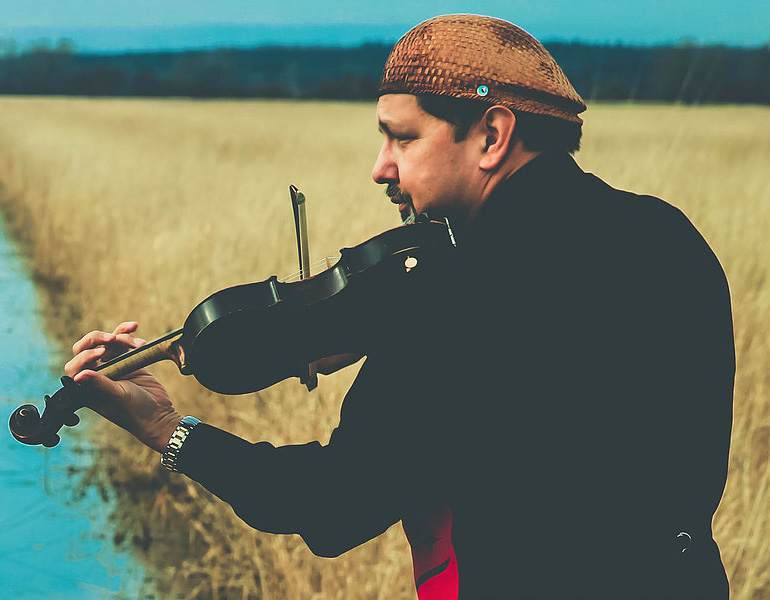
Swil Kanim, US Army Veteran, world class virtuoso violinist, Native storyteller, and actor, is a member of the Lummi Nation. Swil Kanim brings healing and hope through music, fine arts, and storytelling to explore how authentic expression contributes to healthy communities. He encourages all to Honor Your Vision – Follow Your Passion.
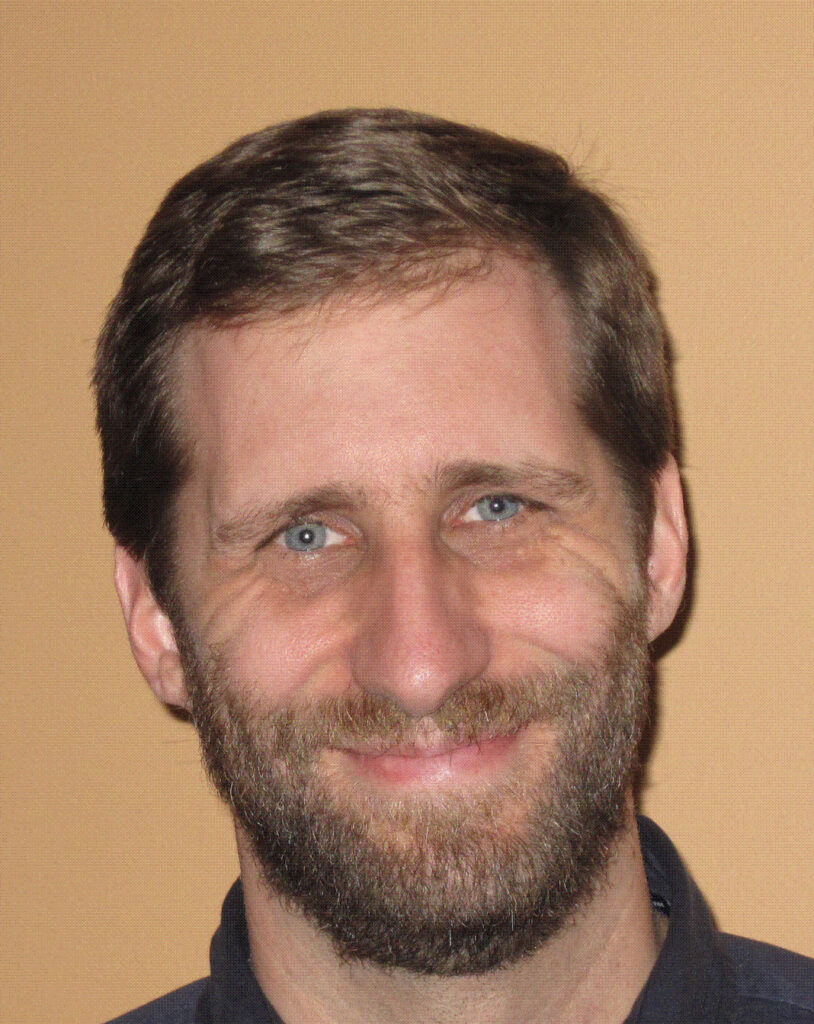
Kenneth J. Martz, Psy.D., CAS, ICGC-II, BACC is a licensed psychologist with more than 30 years’ experience in the treatment and management of gambling and other addictive disorders. He was formerly the Special Assistant to the Secretary for the Department of Drug and Alcohol Programs in the Commonwealth of Pennsylvania. Dr. Martz has a Doctorate in Clinical Psychology from Argosy University. He has a dozen publications, including multiple bestsellers such as (1) Manage My Emotions: What I Wish I’d Learned in School about Anger Fear and Love, (2) Manage My Addiction, (3) Counselor: Tricks for Blossoming from Good to Great. He has presented more than 100 local, national, and internal presentations on addictions.
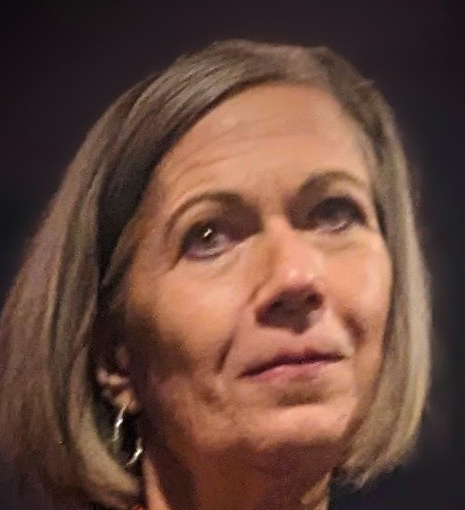
Kitty Martz, CGRM, CGAC-II is an advocate and educator. She is the executive director of Voices of Problem Gambling Recovery in Portland, Oregon. She is the current chair of the Oregon Council on Problem Gambling, as a person with lived experience in gambling harm, a member of the National Council on Problem Gambling’s Recovery committee. Kitty is a certified Gambling Recovery Mentor, Certified Gambling Addiction Counselor II and long-standing SMART Recovery Facilitator. She oversees Oregon’s HOPE Peer Program, where she works directly with dozens of peers to promote gambling recovery, trains peer and establishes best practices/policies to share with other developing gambling peer programs. Her passion is participating in the evolution of legislative policies as they relate to mitigating gambling harm.
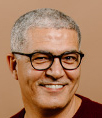
Abdallah Mobaideen, MA is the founder and Editor-in-Chief of Ohio in Arabic and CEO of the Foundation. Abdallah is a Jordanian journalist who immigrated to Ohio in late 2017. He holds a master’s degree in journalism and new media. Before immigrating to the USA, Abdallah worked as a news editor, press reporter, writer, and trainer in media and academic institutions for many years.
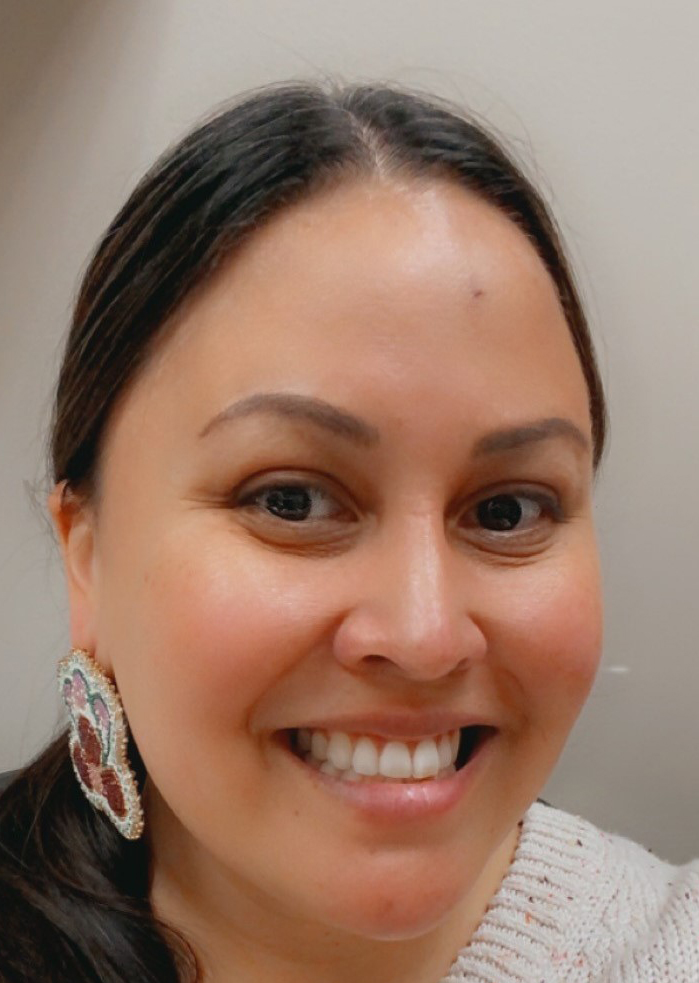
Katy Morseau, enrolled with the Pokagon Band is the Executive Assistant for the Pokagon Band Gaming Commission, where she also serves on the Commission’s Training and Education Committee. In addition to her experience at the Gaming Commission, she has also worked in the Pokagon Band Education, Language and Culture, Administration, Enrollment, and Elections Departments. She authored an article entitled, “Against All Odds – Native Youth Gambling” which was published in the tribal newsletter, Pokégnek Yajdanawa as well as Indian Gaming Magazine in May 2023. Her four children, her family, Culture and Language preservation, and serving the tribe are her priorities to live Mno Bmadzëwen (A Good Life).
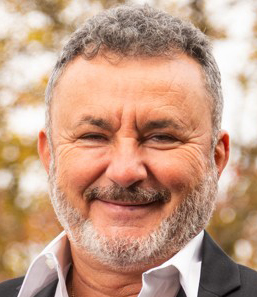
Ovie Muntean is the COO of Northwest Battle Buddies. On a daily basis he is serving our American Heroes battling PTSD as they learn to live life with freedom and Independence with a Service Dog at their side. Ovie and his wife Adrianna, both US citizens and business owners, are the proud parents of 3 children – Christina, Timothy and Briana. Today, Timothy and Briana are serving our country in the US Marine Corp and US Air Force, respectively. Ovie loves his adoptive country and has raised his children to understand the value of freedom.
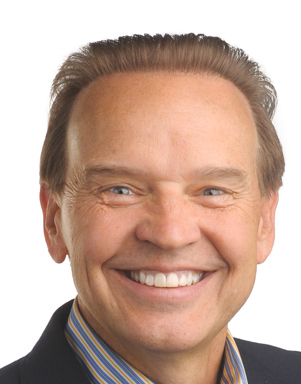
Brent Neiser, MA, CFP, AFC is Host and CEO of What’s Next with Money, a bi-monthly YouTube program on Personal Finance, Foresight, and Public Issues. Brent was Senior Director of Strategic Partnerships and Alliances for the Denver-based National Endowment for Financial Education. He created national programs on personal finance for the American public including more than 100 partnerships with groups such as Sesame Workshop, National Council on Problem Gambling, and Habitat for Humanity. He was appointed (three terms) to the Consumer Financial Protection Bureau’s Consumer Advisory Board and served as chair in 2020 and is a 2023 Colorado Governor’s Fellow. He is a Certified Financial Planner™ and an Accredited Financial Counselor®.
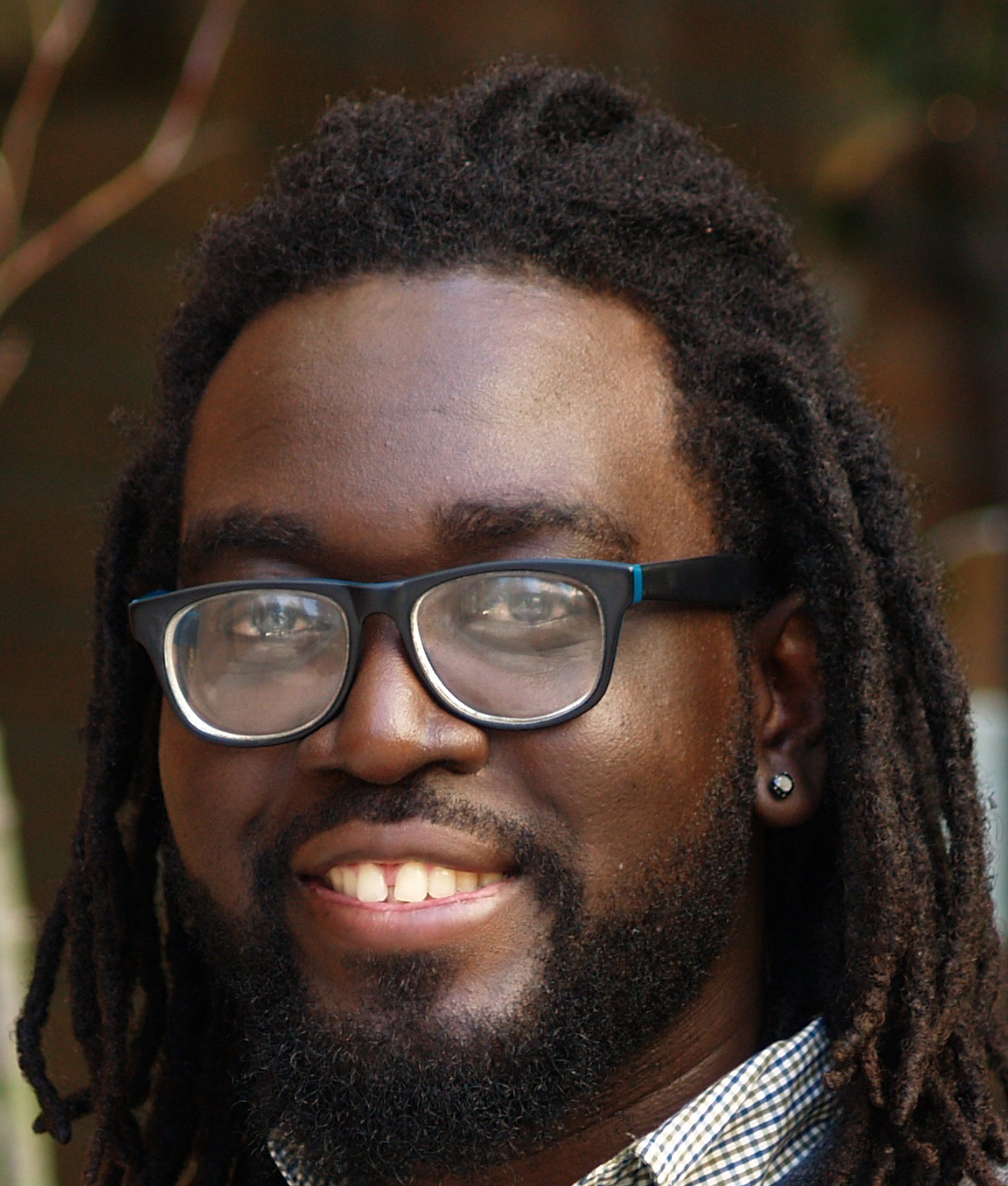
Kelvin Peprah, MA, LMHC is a Licensed Mental Health Counselor in Seattle with more than six years’ experience as a mental health therapist. His experience includes work with adolescents, families, and adults. He currently practices in private practice in Seattle with a focus on anxiety, depression, racial trauma, men’s issues, and impostor syndrome.
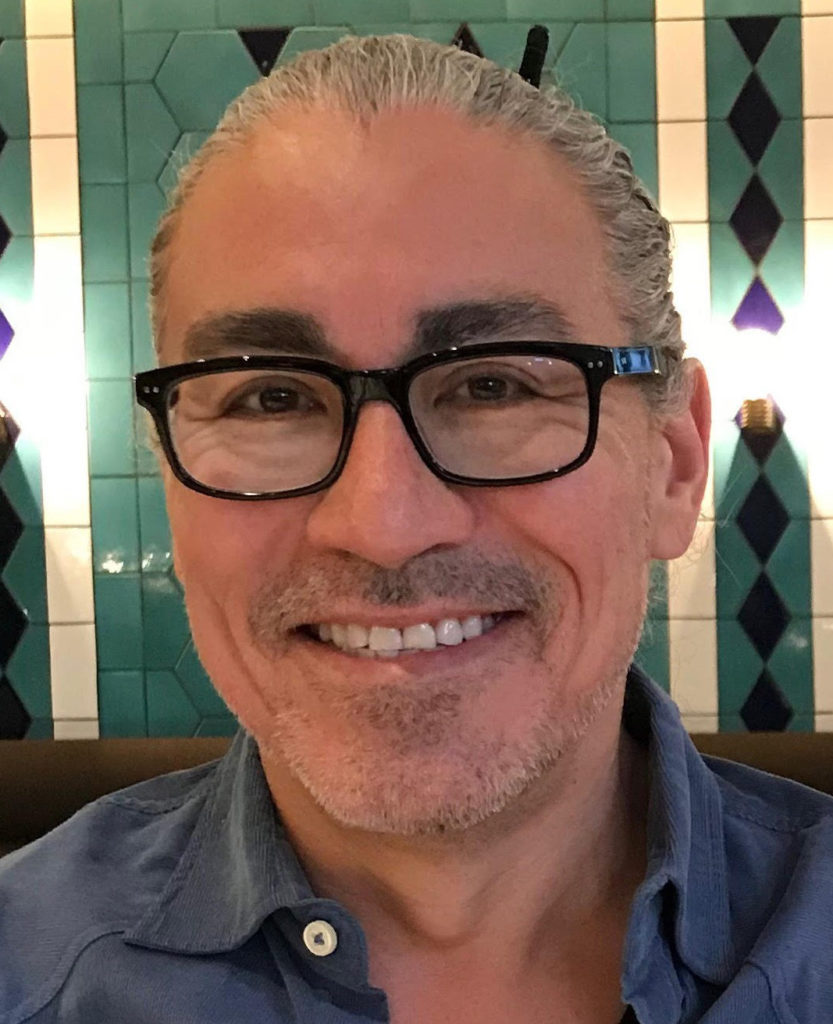
Harlan Pruden (nehiyo/First Nations Cree) works with and for the Two-Spirit community locally, nationally, and internationally. Currently, Harlan is the Indigenous Knowledge Translation Lead at Chee Marnuk, an Indigenous health program at BC Centre for Disease Control and is also a co-founder of the Two-Spirit Dry Lab, Turtle Island’s first research group or lab that exclusively focuses on Two-Spirit people, communities and/or experiences. Additionally, Harlan is the co-chair of the BC CDC’s COVID-19 Indigenous Knowledge Translation Working Group. As a PhD student in the Faculty of Health Sciences at SFU, Harlan explores how Two-Spirit is facilitator of health and well-being for Indigenous sexual and/or gender peoples and communities. Harlan is also the Managing Editor of the Two-Spirit Journal and an Advisory Member for the Canadian Institutes of Health Research’s Institute of Gender and Health. Before relocating to Vancouver in 2015, Harlan was co-founder and a Director of NYC community-based organization, the NorthEast Two-Spirit Society and was appointed by President Obama to the US Presidential Advisory Council on HIV/ AIDS (PACHA) and provided advice, information, and recommendations to the Secretary of Health & Human Services and the White House.
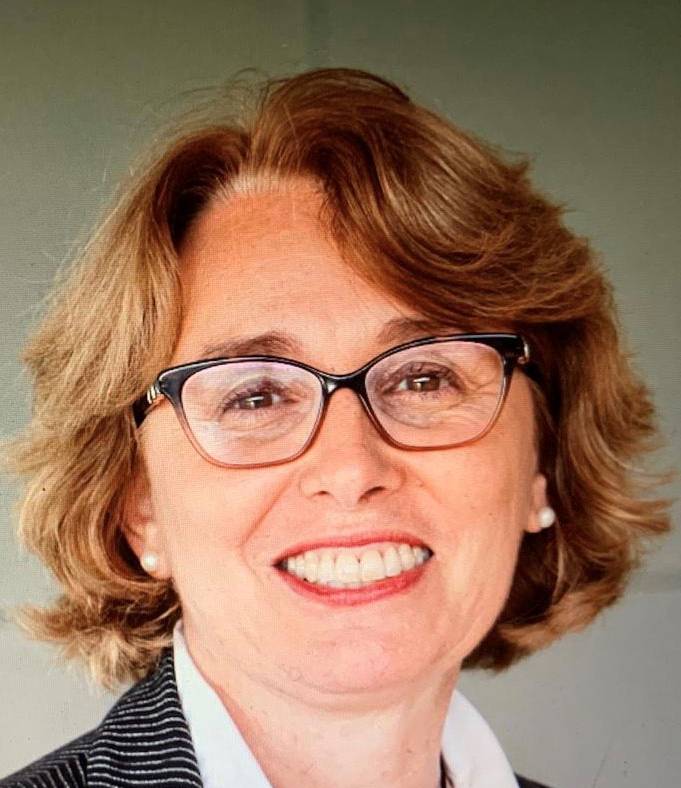
Cristina Rabadán-Diehl, PharmD, PhD, MPH is a technical advisor, knowledge broker and advocate for substance use disorders and addiction. She is a member of the Substance Abuse and Mental Health Services Administration (SAMHSA) National Advisory Council and works with community-based and national non-profit organizations as well as local and state governments. Dr. Rabadán-Diehl has been involved in Latino Health issues for over three decades and has developed programs addressing the health needs of the Hispanic/Latino population in the U.S. and In the countries of the Americas. She ls a member the American Public Health Association Latino Caucus .and mentors young Latino health professionals. She is a guest lecturer on substance use disorders to the ‘”Latino Health” class offered at Johns Hopkins University. She is also a member of the “SAMHSA Partnership for Equity: Hispanlc/Latino” group and collaborates with the National Hispanic and Latino Addiction Technology Transfer Center (ATTC). As a multidisciplinary scientist, she spent 25 years in different capacities at the National Institutes of Health (NIH} and at the U.S. Department of Health and Human Services (HHS), Office of the Secretary. As the Director of the Office of the Americas, she worked closely with the Pan American Health Organizatlon {PAHO) and served as the HHS Secretary’s Representative to the US-Mexico Border Health Commission, Dr. Rabadán-Diehl Is an Adjunct Professor at George Washington University and a Visiting Professor at the National School of Public Health, Health Institute Carlos III in Spain.
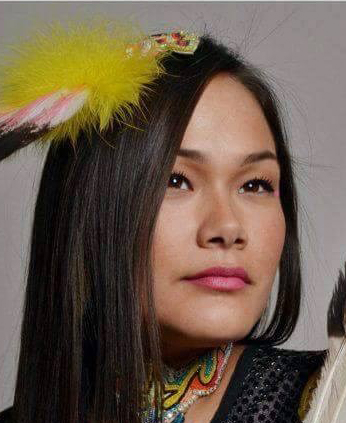
Acosia Red Elk is a jingle dancer and regalia maker of Umatilla, Cayuse and Walla Walla, Nez Perce, and Colville heritage on her father’s side. Red Elk has been the World’s Champion jingle dance champion seven times. Red Elk began dancing seriously in 1997 when she was 18. She practiced for a year and then competed in her first powwow. She ended up winning in a field that included many accomplished dancers.
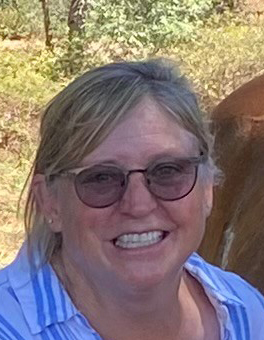
Michelle Ruff is a lifelong horse woman with more than 30 years of experience. She is a a horse trainer, an Eagala equine specialist, and certified in equine guided education. Michelle has dedicated her life to supporting equine wellbeing and sharing the powerful healing ability of horses with others. She shared that she does this work because, “Horses provide unique learning opportunities that are fun, challenging, and supportive of self-discovery. Our horses are gentle, kind, and patient. They are 100% honest 100% of the time which provides participants powerful feedback that facilitates change, learning, and growth.”
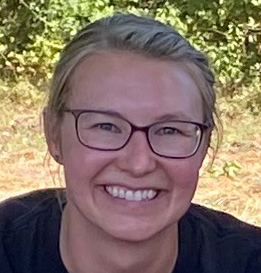
Kara Seibert, LICSW is a registered therapeutic riding instructor through PATH Intl, and certified in Eagala. Since 2014, Kara has been helping people discover empowerment, confidence, and overall enhanced wellbeing in partnership with horses. She stated, “Personally, many of my most refreshing and energizing moments occur when I am simply in the presence of horses. In a life filled with complexity, horses help us prioritize what is important and encourage us to show up with authenticity. I find meaning and purpose through sharing these powerful experiences with others.”
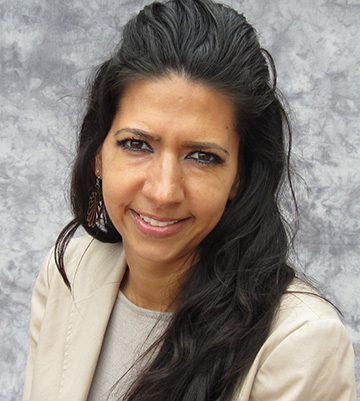
Sarah Sense Wilson, LMHC, SUDP, WSCGC-II (Oglala), has two decades of experience facilitating for a variety of therapeutic treatment groups, including Intensive Outpatient. Sarah has a decade of training and experience in the field of Problem Gambling and has served as Tulalip Tribes Family Services’ Problem Gambling Coordinator for the past six years. Sarah’s specialized attention to cross cultural and culturally responsive treatment approaches is in alignment with best practices and her tribal values and principles. Sarah’s counseling approach and orientation supports a strength-based model for working within tribal community settings. Sarah applies therapeutic techniques and interventions within a family systems framework and thereby effectively engages individuals, couples, family members, and friends in the counseling process.
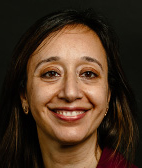
Ala Shaikh-Khalil, MD is a founding member of the Ohio in Arabic Foundation and Deputy Executive Director. Ala, a Jordanian immigrant, has been living in Columbus, Ohio since 2009 where she is a pediatrician at Nationwide Children’s Hospital and Associate Professor at the Ohio State University College of Medicine. Her career path aligns with her volunteer role at Ohio in Arabic Foundation as she genuinely values the human part of each interaction, cares deeply about humanity, and is committed to the missions of service and mentorship.
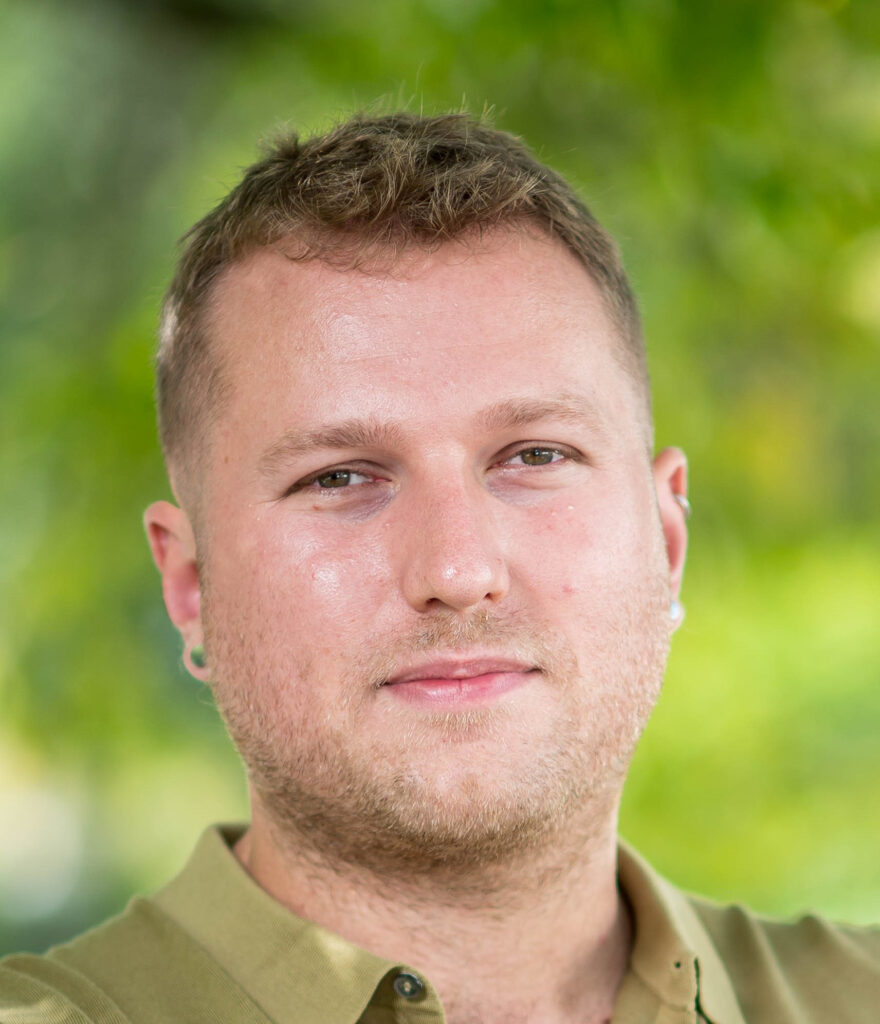
Ryan Stillwagon is a UBC Public Scholar, Killam Graduate Student Teaching award winner, and PhD Candidate in the Department of Sociology at the University of British Columbia. Their dissertation work explores queer food security in Canada. They have published work on queer place-making and sexual health in the Journal of Indigenous HIV Research, City & Community, The Conversation, Contexts, and JMIR Public Health and Surveillance.
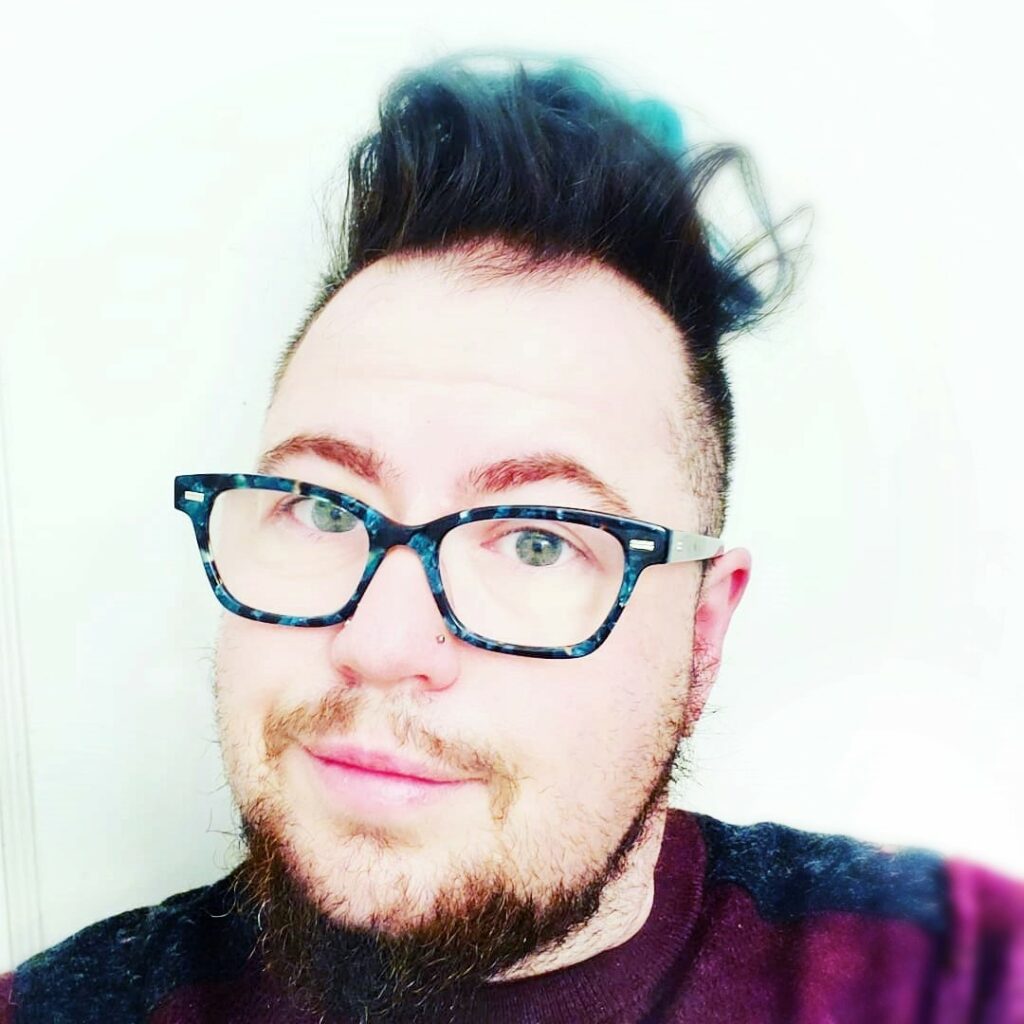
Oblio Stroyman, MEd, QMHP-R, CGAC-II, ICGC-II, BACC, LMFT (they, them, theirs) holds a Master’s degree in Education in Couples and Family Therapy, and an undergraduate degree in Sociology and Women and Gender Studies with a focus in family and sexuality. Oblio worked as a family therapist in the Eugene/Springfield community for 8 years, most specifically with LGBTQIA+ people and their significant others. Oblio sits on the Lane County Behavioral Health Mental Health and Addictions Advisory Board, The Trillium Community Advisory Board, is a backup for the WeCU city diversity advisory board, and the Dance Collective Northwest Board.
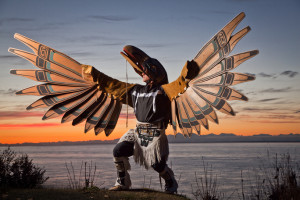
Gene Tagaban – “One Crazy Raven” – is a storyteller, a counselor, a trainer, a teacher. Gene is of the Takdeintaan clan, the Raven, Freshwater Sockeye clan from Hoonah, Alaska. He is the Child of the Wooshkeetan clan, the Eagle, Shark clan from Juneau, Alaska. He is Cherokee, Tlingit, and Filipino.
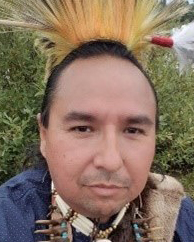
Reuben Twin is an Oglala Lakota from Pine Ridge South Dakota, who has worked in the substance use disorder field for the last 22 years. He has worked with the Coast Salish Tribes of Muckleshoot, Puyallup, Snoqualmie and Cowlitz Tribes of Washington as a Substance Use Disorder Professional and with Downtown Emergency Service Center in Seattle, Washington with their housing program as a counselor. Reuben currently works as a Housing-Outreach Program Manager with Mother Nation, which is an Indigenous organization that provides Domestic Violence Advocacy, Housing Services and Cultural services to individuals who are in need of housing assistance and provides traditional culturally appropriate engagement and support at the same time in assisting. Reuben has utilized the Medicine Wheel teaching in all aspects of his work in the Substance use field as well as his outreach work in the community.
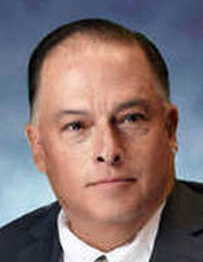
Dave Vialpando, MBA, CFE, CFCS is a 37-year law enforcement veteran, having served as a police officer in Richmond, California, and for twenty-seven years as a Special Agent with the California Attorney General’s Department of Justice (DOJ). Dave spent twenty years in DOJ’s Bureau of Narcotic Enforcement where he supervised various drug trafficking and violent crime units. For the last seven years of his career with DOJ, Dave was assigned to the Bureau of Gambling Control where he served as the Special Agent-in-Charge of the Bureau’s southern California offices. Dave currently serves as the Executive Director of the Pokagon Band Gaming Commission, for the Pokagon Band of Potawatomi Indians of Michigan and Indiana. Mr. Vialpando also serves as Vice-Chairman of the Board of Directors of the Tribal Gaming Protection Network. Dave attended the University of California at Berkeley and currently holds a Bachelor of Science in Business and MBA degrees, and is a licensed Private Investigator in the State of California. Mr. Vialpando has instructed undergraduate and graduate criminal justice courses for several public and private colleges and universities in southern California. Dave has authored articles on gaming regulation and interactive gaming published in Indian Gaming magazine, Global Gaming Business magazine, Pechanga.net, and other trade periodicals, and conducted numerous presentations through various venues on effective regulation in gaming and criminal justice agency management.
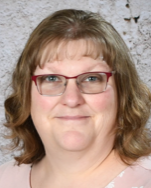
Sheryl Whitlinger, LMHC is a member of the Cowlitz Indian Tribe and an employee at the Cowlitz Tribe. Monday through Friday, she works as a Licensed Mental Health Counselor (LMHC); and in her free time, she enjoys beading and weaving. She began beading around 2011 or 2012 when she became more active with the tribe. Soon after, she was taught to make pine-needle baskets from one of the tribal elders. Since then, Sheryl has attended many weaving conferences where she has learned how to make head bands and several types of cedar baskets. Throughout her time weaving, she has also learned how and when to gather cedar, sweet grass, pine needles, and bear grass, and has made traditions of going to gather those items with family and friends. Gatherings in a good way is very important to bringing good medicine to your weaving projects.
